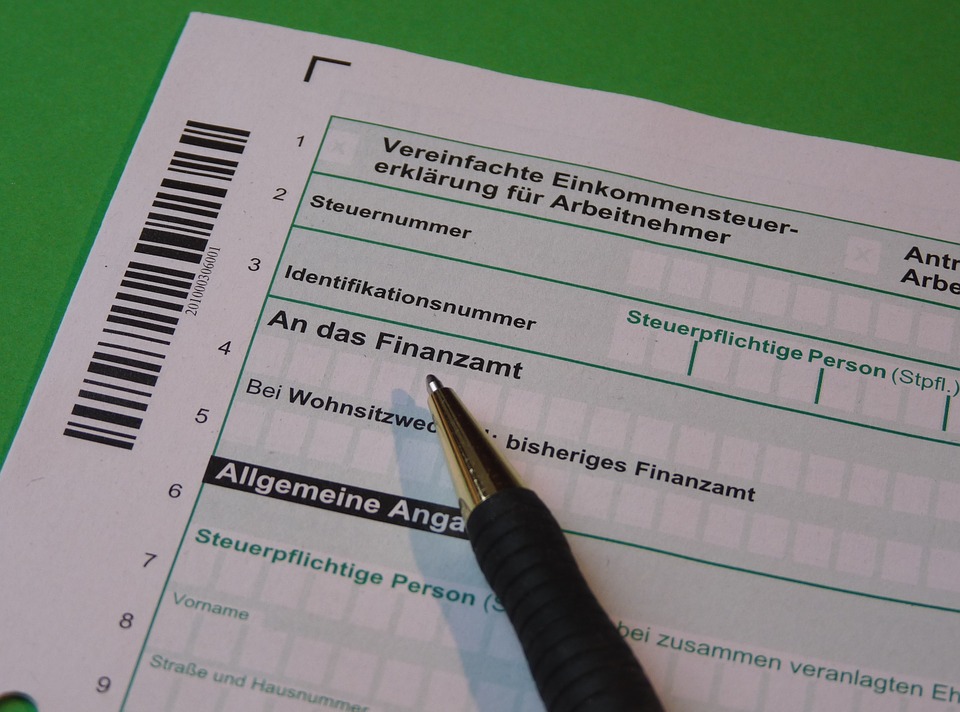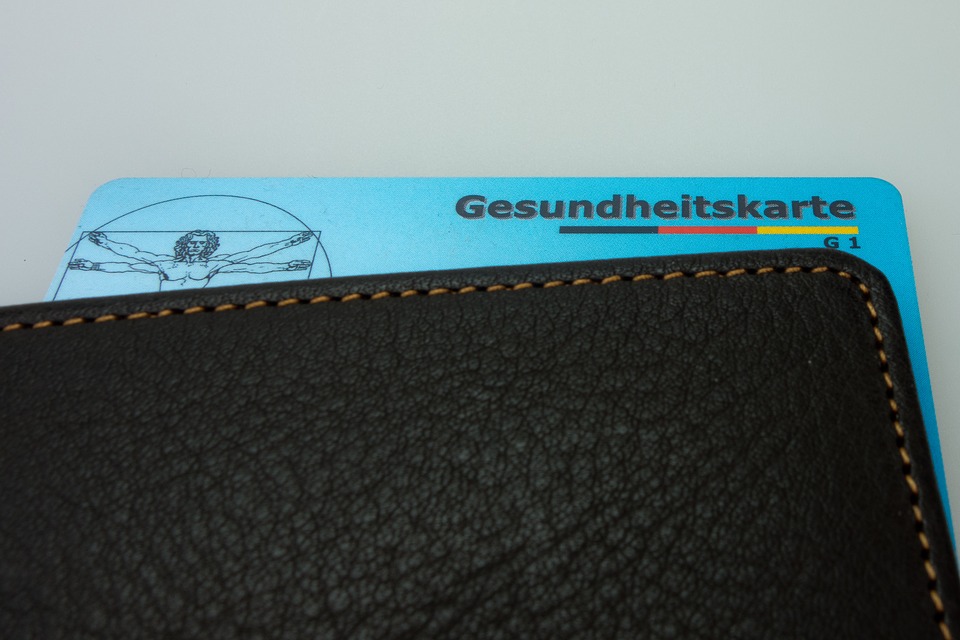Part time jobs in Germany for International Students
Prologue
Earning money while studying is a part of everyday student life in Germany. Although you have a lot to do during your studies and often have a tight schedule, you are still as flexible during this phase of your life as you will rarely be in the future. Therefore, it may be possible for students to work in a suitable part-time job or internship in Germany during their free time. Working part-time jobs in Germany for international students can help you repay student loans, if any, faster; pay for your cost of living without requiring to dip into your savings or depending on your parents; or simply have more money in hand to have more fun.
As per a survey conducted by Deutsches Studentenwerk, two-thirds (66%) of the students in Germany have a side job and work 13.5 hours a week on average. Majority students have basic temporary jobs (jobben als Aushilfskraft) such as waiting, taxi driving, selling, helping out in the office, etc; 40% of students are hired as temporary employees. 28% work as a student or academic assistant (Hilfswissenschaftler), and 11% have tutoring jobs (Nachhilfeunterricht). Students receive an average of 10€ net per hour for their jobs. On an average, students earn a net income of 10€ per hour.

The Pros and Cons
Working part-time in addition to studying is tough, but the advantages are not just limited to the paycheck. It is a great opportunity to gather first-hand experience about the real working world, attain time management skill, and learn how to work for and with other people (networking and teamwork) as opposed to confining yourself to the solitary pursuit of gaining a degree. If you are able to find a part-time job in your field of studies, it will give you a huge head-start in your career and give you an advantage over other students the moment you graduate because of the work experience gained as a result the part-time job. As an international student, you will have a further advantage working part-time – you will get to experience the language, culture, and lifestyle of the people here first-hand. Working in a foreign country is totally a different experience.
Working part-time jobs in Germany has many advantages. But, there is a dark side as well. It takes up a lot of your time. In the higher semesters, as the courses become tougher or you start working on a project, seminar or master thesis – more time is needed for research and revision. Keeping up the performance at the university and working part-time will mean sacrificing sleep, and/or social life, and/or free time, etc. Despite the drawback, we still advise all international students to work part-time as the advantages far outweigh the disadvantage.

The Legal Situation
Students from outside of EU/EEA
Since August 2012, according to the Aufenthaltsgesetz (§ 16 Studium (3) ), international students who are not from the EU or EEA may work 120 full or 240 half days a year without requiring an approval of the German Employment Agency (Arbeitsamt). However, international students who are not from the EU cannot become self-employed or work freelance!
If you want to work more than 120 full or 240 half days, you need the approval of the Employment Agency(Arbeitsamt) and the immigration office(Ausländerbehörde). Whether you receive this approval depends on the labor market situation at your place of study. In regions with higher unemployment, you will have little chance of working for more than the above period.
An exception, however, is the work as a scientific or student assistant (for example, a research assistant a.k.a. HiWi with a professor at a university, or at a research institute; student jobs with ASTA or Studentenwerk). As long as the study is not endangered, you may work without time restrictions. Nevertheless, the foreigner’s authority must be informed, if you want to work as a scientific or student assistant!
If you are not from the EU or the EEA, an internship in Germany during the study period counts as a regular job – even if the internship in Germany is unpaid! Each day in the internship will be deducted from your 120-day credit. For example, if you have already worked for 120 days, you must obtain the approval of the immigration office and the employment agency for an internship. The only exceptions are internships that are a mandatory part of your studies.
Non-EU/EEA student attending only a language course or studying at the Studienkolleg, more stringent regulations apply than for regularly enrolled students. You may only work with the consent of the Immigration Office, and the Employment Agency – and only during the lecture-free period.
ALSO READ: Why Germany offers free education to foreigners?
Students from EU/EEA
Students from the EU and the EEA are practically equivalent to German students and have free access to the German labor market. They will be considered a full-time student rather than an employee if the job during the lecture period does not exceed 20 hours per week.
Note: If students from the EU/EEA take up part-time jobs in Germany or a paid internship in Germany, they are required to take a German health insurance
Full day (Ganze tag) vs. Half day (Halbe tag)
With 240 half-working-days per year, this is almost a normal full-year employment. Half days are working days, at which up to half of the tariff, local or operational working hours (calculated without the breaks) are worked. So, if in a metal-working company the regular daily working time is seven hours, half a working day is three and a half hours or less. When eight hours are agreed for a full-time employee in a supermarket, half a day is four hours or so fewer. All days count as full days, with more than half the usual working hours, are worked. In the metal plant of the first example, a daily employment of four hours will be calculated as a whole day. In Germany, a working day rarely consists of more than eight hours; so when in doubt, think of half-days as maximum 4 hours.
In companies with flexible working hours, one has to be careful. Let’s consider an example: working three days a week in a company for a total of 12 hours (time may be freely allocated through the week and a normal working day is counted as 8 hours).
- Case 1: Working two times for three hours and one time for six hours or
- Case 2: Working three times four hours.
In the first case a student will use a whole and two half days, in the second case he/she will only use three half days; An extra half a day is wasted in the first case!
Tip: Most students have a lot more time during the lecture-free periods as compared to the rest of the semesters. Hence, it is important to combine half and full working days together. Let’s consider another example. A student has two months of lecture free period and he/she works full-time during these months. Assuming a month consisting of 22 full working days, he/she still has 120-(2*22) = 76 full working days or 152 half days to work in the rest of the year.
ALSO READ: Advantages of being a student in Germany

Should you pay social contributions and taxes?
In Germany, various social security contributions and taxes are automatically deducted from your salary. However, generous rules often apply for students.
- Income tax (Einkommensteuer)*
Mini-Job(s) with earning less than €450/month in total No Taxes are deducted No tax card needed. Registration with mini-job center (Minijob-Zentrale) required. Earn less than €9000/Year (as of 2018) Taxes will from the salary. But they will be refunded at the end of the year by filing a income tax return (Steuererklärung) Tax card needed More than than €9000/Year (as of 2018) Normal income tax class. For example, tax class 1 (for a unmarried person) Tax card needed
Note: In-case if you have more than one jobs and earn more than €450/month in total, you may be required to file an income tax! Ask at a Finanzamt near you.
 *www.bundesfinanzministerium.de
*www.bundesfinanzministerium.de - Pension Insurance (Rentenversicherung)*

Mini-Job with less than €450/month Not mandatory €450/month to €850/month or working over 20 hours/week (as of 2018) 18.6% of which you pay 3.60% and your company pays the rest €850/month or more (as of 2018) 18.6% of which you pay 9.30% and your company pays the rest
*www.deutsche-rentenversicherung.de - Health care insurance (Krankenversicherung)

Students may work alongside their studies, they are generally insured as students rather than as employees. Then they do not have to pay any income-related health insurance contributions. But when students work more than 20 hours a week may they have to contribute to health insurance. Be sure to clarify this with your employer! It is therefore advisable to get in touch with health insurance and get advice when starting a job. - Unemployment insurance (Arbeitslosenversicherung)
Students usually do not contribute to unemployment insurance. Thus they are not entitled to the unemployment benefits if they lose their part-time job.
ALSO READ: Germany vs USA – 7 things that are different
Minimum salary
Since 1 January 2015, a stat utory minimum wage has been in effect in Germany. As of 1st January 2017, this amounts to € 8.84 gross per hour and will increase from 1st January 2019 to gross € 9.19 per hour. The legal minimum wage cannot be waived without further ado. An effective waiver must be confirmed by a court settlement.
utory minimum wage has been in effect in Germany. As of 1st January 2017, this amounts to € 8.84 gross per hour and will increase from 1st January 2019 to gross € 9.19 per hour. The legal minimum wage cannot be waived without further ado. An effective waiver must be confirmed by a court settlement.
No minimum wage must be paid for an internship in Germany:
- That is mandatory in the study regulations of the subject
- Up to three months, which are completed as an orientation before studying
- Up to three months, which are accompanied by a university education, if no previous internship with the same student already existed
- Genuine volunteer work (oriented towards the common good and without expectation of a financial contribution)
Note: At least the minimum wage must be paid for the orientation internship in Germany or a study-related internship in Germany that lasts longer than three months.
Finding part time jobs in Germany
Subscribe to our blog to get an update about my next post on finding part time jobs in Germany as a student.
Download our Android app from the Google Play store to get all the information about, living, studying and working in Germany all in one place.
More from Study in Germany
FAQs about Studying in Germany | Airports | Preparation and Arrival | Masters | Bachelors | PhD | Student in Germany | Life in Germany | Part-time Jobs | Working in Germany | Driving in Germany | Housing in Germany | Integration | Comparisons between Countries | Traveling in Europe
Leave a Comment


